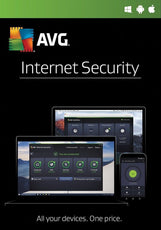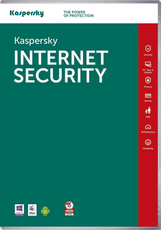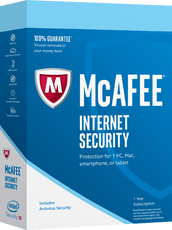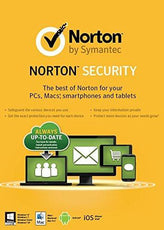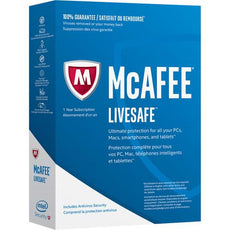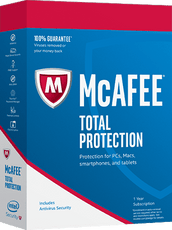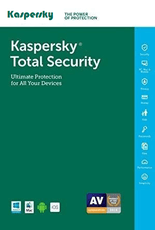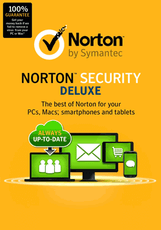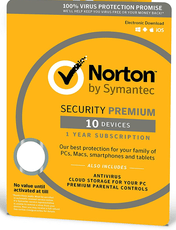Authour: nerdylibrarian
No one is immune to falling victim to hackers and scammers. We’ve all been in situations where our actions have directly put us at risk of being a hacker’s next target. Luckily, there are common mistakes people make that put them in harm’s way. Avoiding these things will ensure that you not only keep your information safe, but that you never fall prey to an opportunistic hacker.
Common mistakes include......
1. Clicking Unknown Links:
Getting e-mails from friends is the easiest ways that hackers and scammers get us to click links that either lead us to a fake website designed to steal our passwords, or to a virus download. Make sure that when you’re dealing with people on the internet, both friends and strangers, treat all links with caution. If you’re not sure where the link goes, ask your friend and get confirmation from them that it’s safe.
2. Using the Same Password:
It’s easy for scammers to steal passwords from us, and then sell it to people willing to pay for our information. To protect ourselves from stolen passwords wrecking the most damage, use different passwords for each of your accounts. This way, if one of your accounts is compromised, the rest will stay safe.
3. Share Too Much Information Online:
Posting too much about yourself, or sharing personal information such as your mother’s maiden name could spell out trouble for you later on. Harmless information such as your telephone number could be used to access your credit card information, or to change your account password so you get locked out. Whenever possible, always air on the conservative side when it comes to information sharing.
4. Shop On Insecure Sites:
This is the most common reason people have their credit card numbers stolen. When buying items online, make sure to only use the most secure sites, and to only put your credit card number into profiles you know are protected. Just like passwords, credit cards are a common target for scammers hoping to sell your information to others on the internet.
5. Use Public Wi-Fi:
Convenient and simple, public wireless allows us to save on data when we’re out and about. Unfortunately, it also is a great way for scammers and hackers to access our private information. Because the information isn’t protected, anyone can access what we do when we’re connected. If you need to do something sensitive on your device, wait until you’re on a protected network to do it.
6: Not Using Anti-Virus Software:
Going without protection may seem like a money saver, but in the end, it may cost you your security. Most of the time, people don’t even know they have a virus or malware on their system until there’s already a problem. The easiest way to stop yourself from having valuable information stolen is to make sure it doesn’t happen in the first place.






